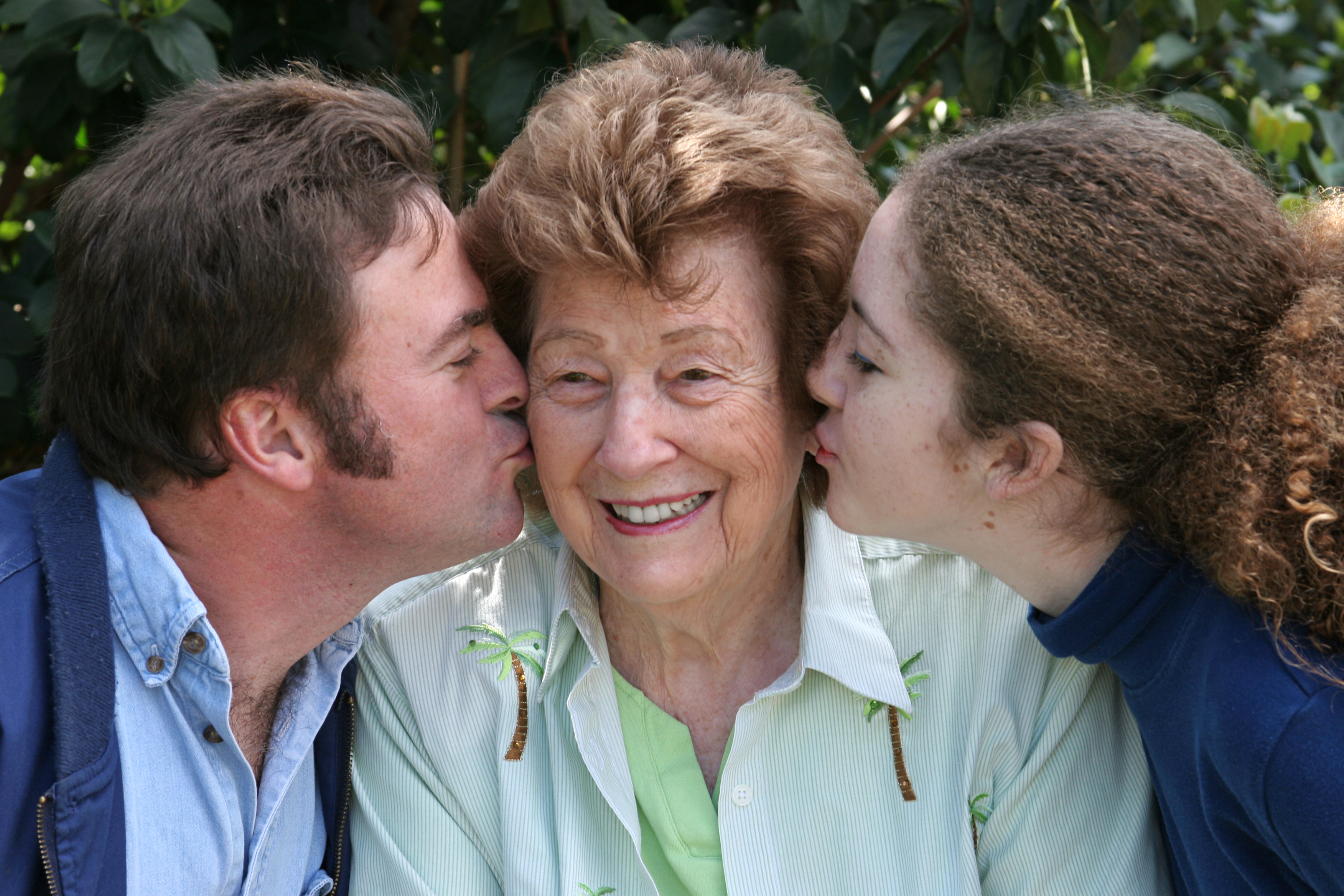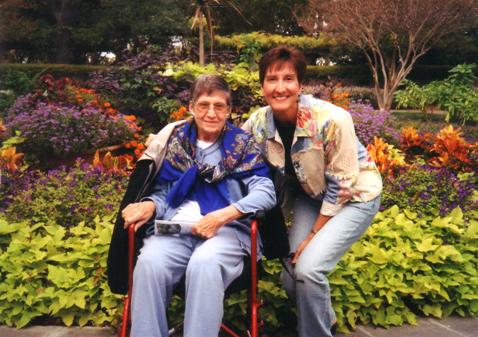Although my personal story of caregiving goes back decades, the message has not changed. My sweet mother, Jeanette, lived with Parkinson's Disease for many years. Our journey together as care partners included the highs of our incredible mother-daughter relationship growing even closer and the lows of experiencing the emotional roller-coaster of managing a disease that is ever-changing and often mysterious.
At 85, Jeanette's health had declined significantly due to the progression of her PD and complications from a broken hip. In addition, my sister was taking care of our mom in her home following a rehab stay, and the stress of 24/7 caregiving responsibilities took a toll on her physical and emotional health. It was time for a change, and a decision needed to be made relatively quickly.
Visiting one care community after another, I soon became embattled with my own emotions as I toured beautifully decorated buildings led by cheery marketing professionals. All the while, I was an emotional train wreck. What was truly important? I had some real soul searching to do.
A friend suggested I visit a residential care community that her dad had been in, so I arranged for a meeting with the owners, one of who was a registered nurse. The home was not in the most convenient area to my home, but was adequate for my sister and me to visit with a drive for both of us. The neighborhood was eclectic but safe. As I drove to the house, my thoughts were on a single track.
Entering the house, one of the care team members greeted me with a warm welcome and hug. The place was lively and bright, though far from fancy. Sitting areas in the large living room included residents, care partners, and family members.
As I made my way to another sitting room to meet with the owner, I noted the care team busy making lunch and chatting about the new recipe for the day. They stopped to say hello and asked if I'd like to stay. How could I pass up a yummy-looking Mexican dish?
As I sat down to talk, I could feel my emotions bubbling, and sure enough, tears started streaming. My decision of where my precious mama would live out her days played heavy on my heart. What did I want for her, for me, and the rest of my family? After all, we were all in this together.
All of the "things" that I thought were important started racing through my head. Within a short driving distance? Not really. Amenities? Somewhat limited. And this sounds so silly now, but at the time, I thought to myself, "this is just not mom's decorating style."
As I pulled myself from the depths of my crying episode, I felt incredible compassion and understanding embracing me. As I explained mom's health needs and history, it became clear what I was seeking.
Beyond the basics of cleanliness, safety, nursing care, I wanted my mom to be loved when I wasn't there. That sounds like a big ask, right?







